Think Again-Day39
Description
ATTACHMENT ISSUES
Not long ago I gave a speech at a conference about my research on givers, takers, and matchers. I was studying whether generous, selfish, or fair people were more productive in jobs like sales and engineering. One of the attendees was Daniel Kahneman, the Nobel
Prize–winning psychologist who has spent much of his career
demonstrating how flawed our intuitions are. He told me afterward
that he was surprised by my finding that givers had higher rates of
failure than takers and matchers—but higher rates of success, too.
When you read a study that surprises you, how do you react?
Many people would get defensive, searching for flaws in the study’s
design or the statistical analysis. Danny did the opposite. His eyes lit
up, and a huge grin appeared on his face. “That was wonderful,” he
said. “I was wrong.”
Later, I sat down with Danny for lunch and asked him about his
reaction. It looked a lot to me like the joy of being wrong—his eyes
twinkled as if he was having fun. He said that in his eighty-five years,
no one had pointed that out before, but yes, he genuinely enjoys
discovering that he was wrong, because it means he is now less
wrong than before.
I knew the feeling. In college, what first attracted me to social
science was reading studies that clashed with my expectations; I
couldn’t wait to tell my roommates about all the assumptions I’d
been rethinking. In my first independent research project, I tested
some predictions of my own, and more than a dozen of my
hypotheses turned out to be false.* It was a major lesson in
intellectual humility, but I wasn’t devastated. I felt an immediate
rush of excitement. Discovering I was wrong felt joyful because it
meant I’d learned something. As Danny told me, “Being wrong is the
only way I feel sure I’ve learned anything.”
Danny isn’t interested in preaching, prosecuting, or politicking.
He’s a scientist devoted to the truth. When I asked him how he stays
in that mode, he said he refuses to let his beliefs become part of his
identity. “I change my mind at a speed that drives my collaborators
crazy,” he explained. “My attachment to my ideas is provisional.
There’s no unconditional love for them.”
Attachment. That’s what keeps us from recognizing when our
opinions are off the mark and rethinking them. To unlock the joy of
being wrong, we need to detach. I’ve learned that two kinds of
detachment are especially useful: detaching your present from your
past and detaching your opinions from your identity.
کانال خلاصه کتاب (https://t.me/luminous_bookclub)
کانال موزیک (https://t.me/luminous_music)
کانال مکالمات روزمره (https://t.me/foroughpapi)
پیج اینستاگرام: Luminous__english
Castbox channel: luminous english
📚هایلایت قسمت 39 کتاب Think Again
✅ Attachment – An emotional or mental connection to someone or something
(وابستگی)
✅ Generous – Willing to give more than is expected or necessary
(سخاوتمند)
✅ Selfish – Caring only about yourself and not about others
(خودخواه)
✅ Flawed – Containing mistakes or weaknesses
(دارای نقص)
✅ Intuition – The ability to understand something immediately, without reasoning
(شهود، درک درونی)
✅ Defensive – Reacting to protect yourself from criticism
(حالت تدافعی)
✅ Statistical analysis – Examining data using numbers and mathematics
(تحلیل آماری)
✅ Twinkled – Shone with a bright or lively light
(درخشیدن، برق زدن چشم)
✅ Genuinely – Truly; in a real and sincere way
(واقعاً، صادقانه)
✅ Clashed – To strongly disagree or conflict
(تضاد داشتن، برخورد کردن)
✅ Assumptions – Things accepted as true without proof
(فرضیات)
✅ Hypotheses – Proposed explanations made for further study or testing
(فرضیهها)
✅ Devastated – Extremely upset or shocked
(ویران، نابود شده، خیلی ناراحت)
✅ Intellectual humility – Willingness to accept that you might be wrong or lack knowledge
(تواضع فکری، فروتنی فکری)
✅ Preaching – Giving advice or instruction in a moralizing way
(موعظه کردن)
✅ Prosecuting – Trying to prove someone wrong or guilty
(محکوم کردن، پیگرد قانونی)
✅ Politicking – Using political behavior or strategy, often for personal gain
(سیاستبازی)
✅ Devoted – Loyal and dedicated to a task or cause
(متعهد، وقف شده)
✅ Collaborators – People you work with, especially on a project
(همکاران)
✅ Provisional – Temporary; not fixed or permanent
(موقت، مشروط)
✅ Unconditional – Not limited or dependent on any conditions
(بیقید و شرط)
✅ Off the mark – Not accurate or correct
(نادرست، اشتباه)
✅ Detach – To separate or remove emotionally or mentally
(جدا کردن، رها شدن)
✅ Rethinking – Thinking about something again, especially to change your opinion
(بازاندیشی)
➖➖➖➖➖➖➖➖➖➖➖➖

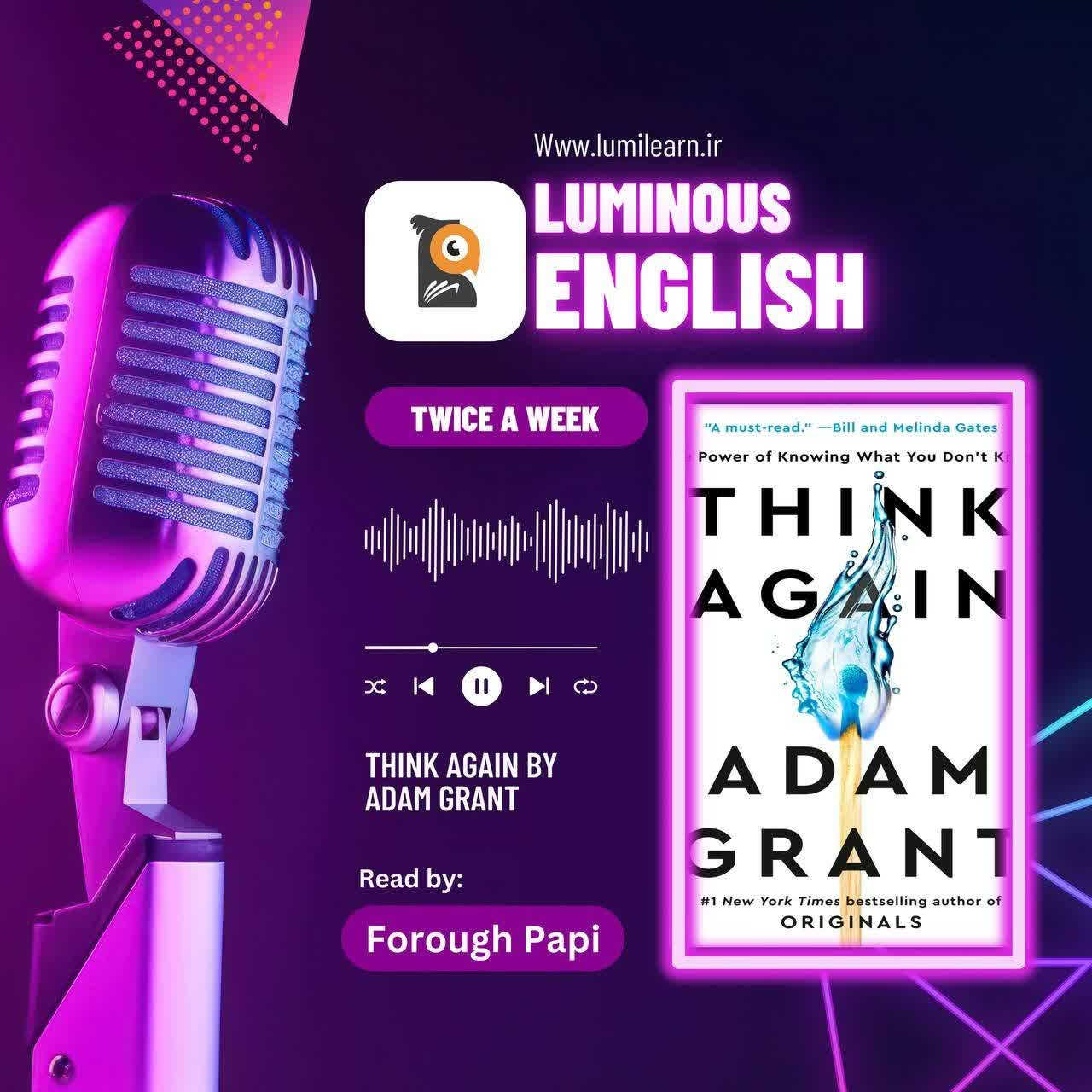
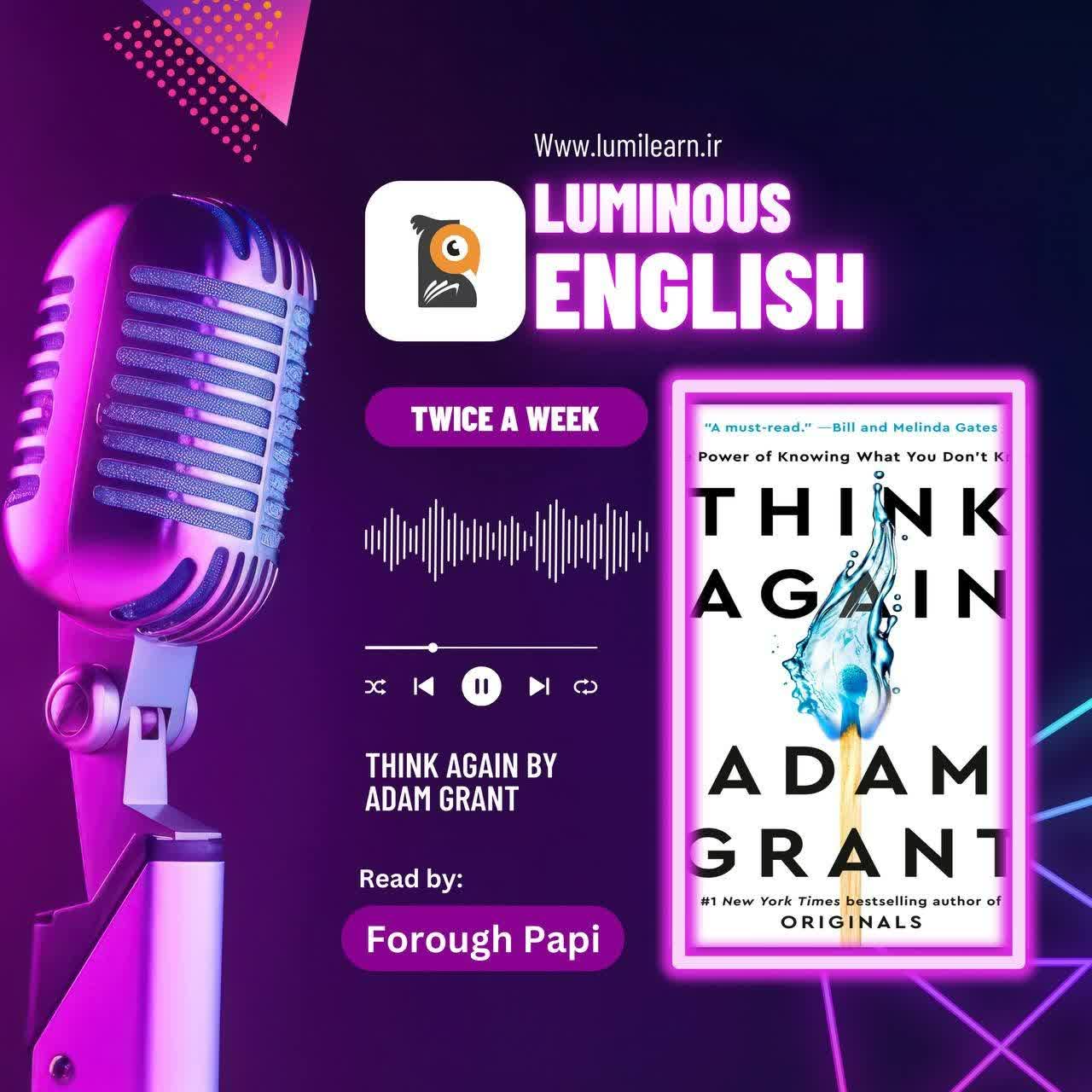
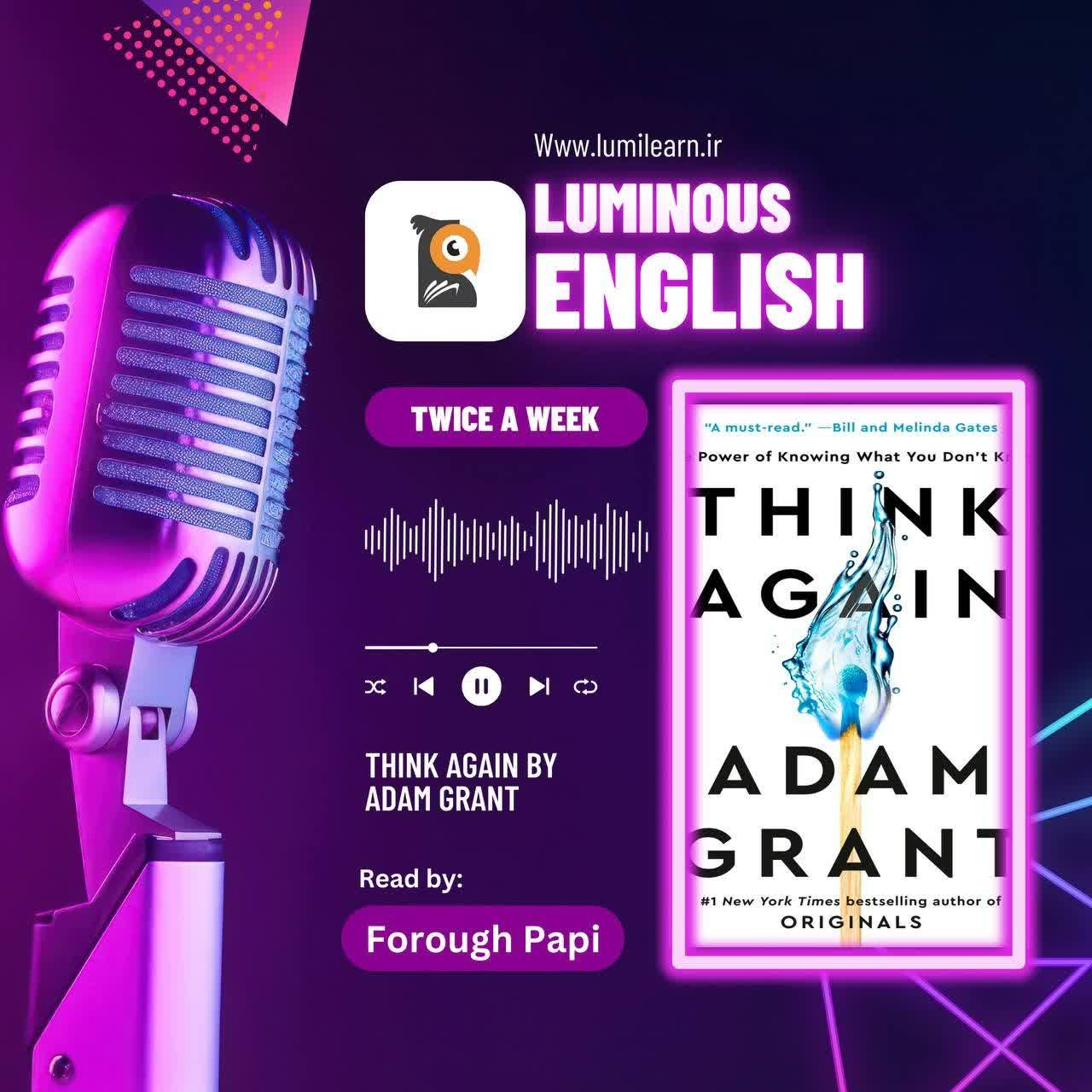
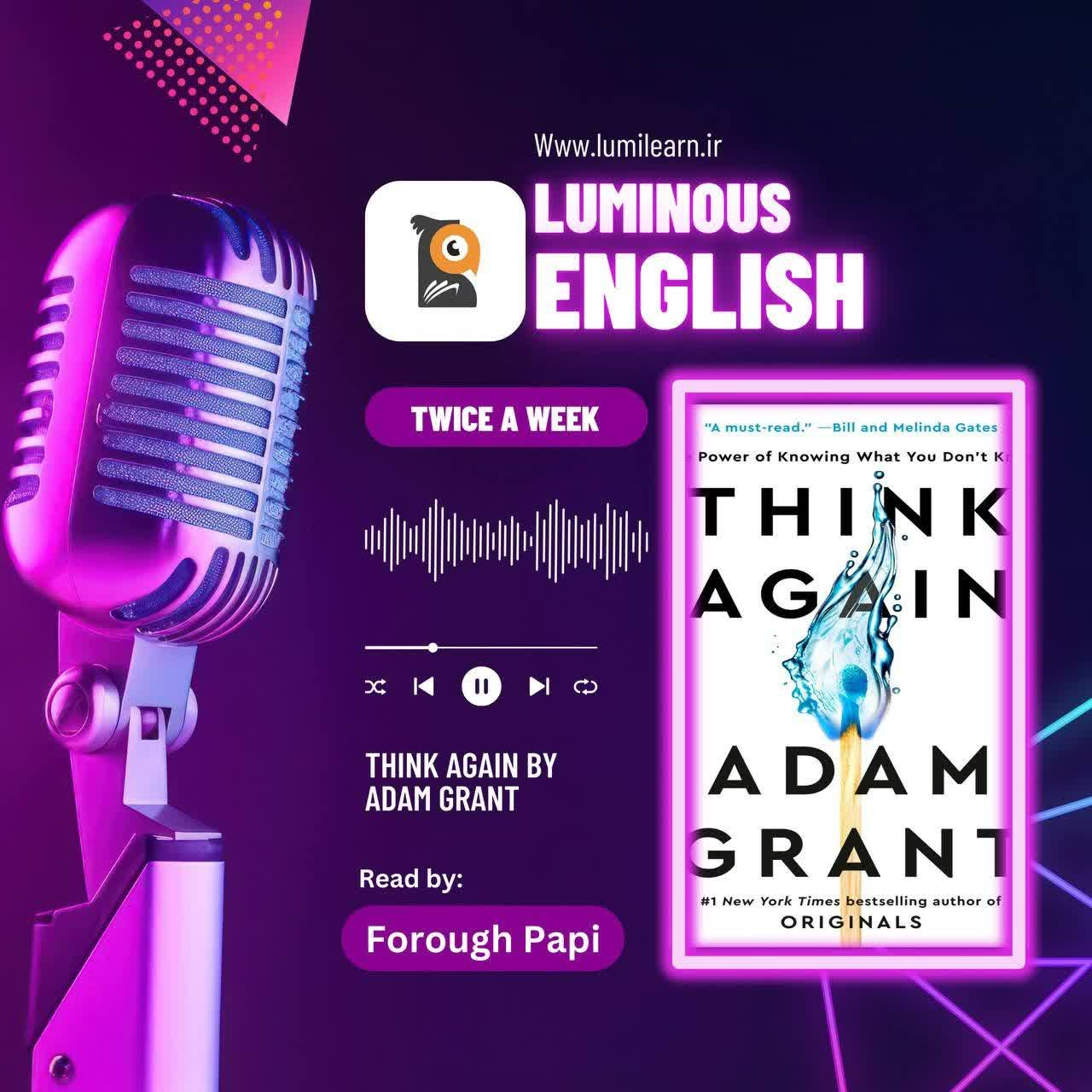
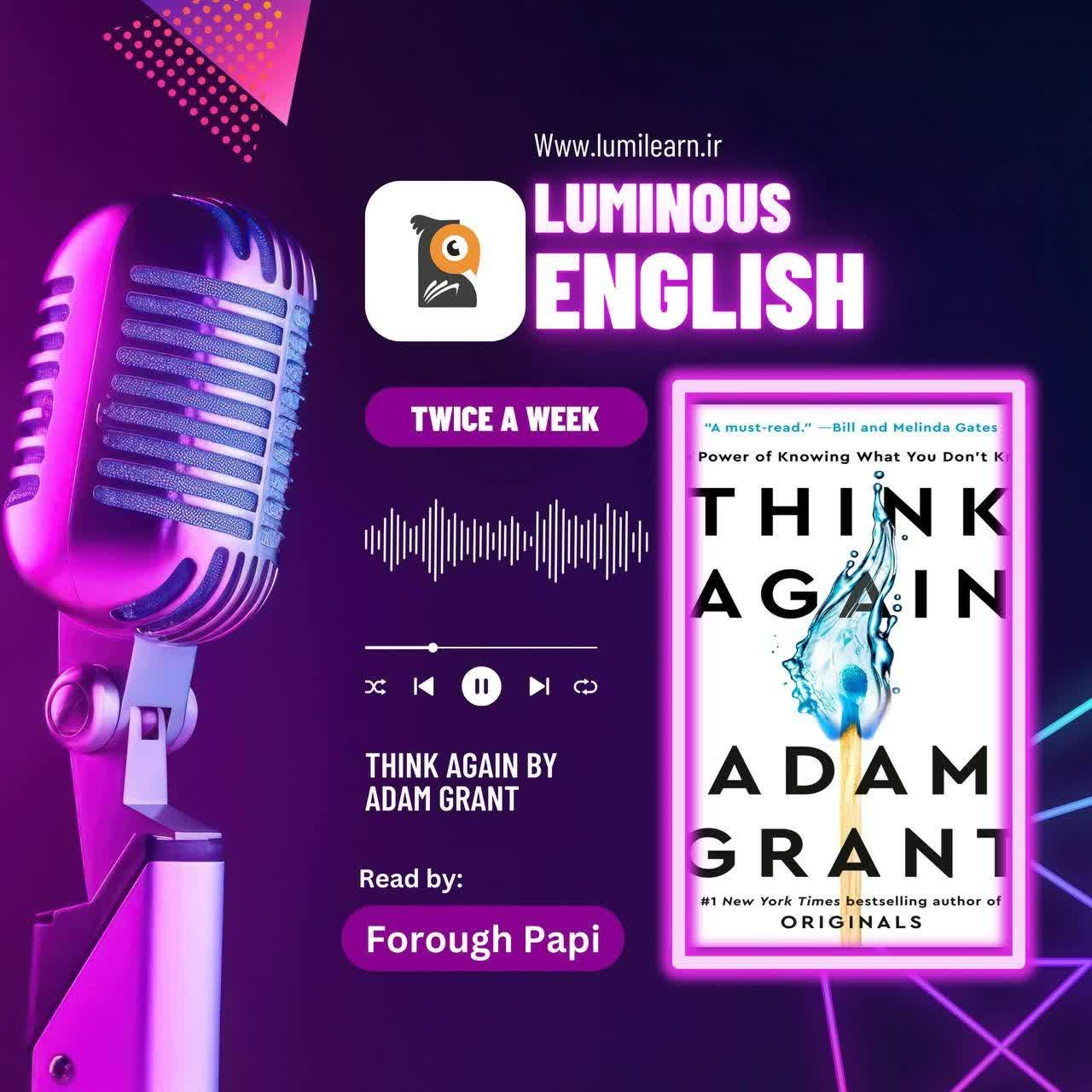
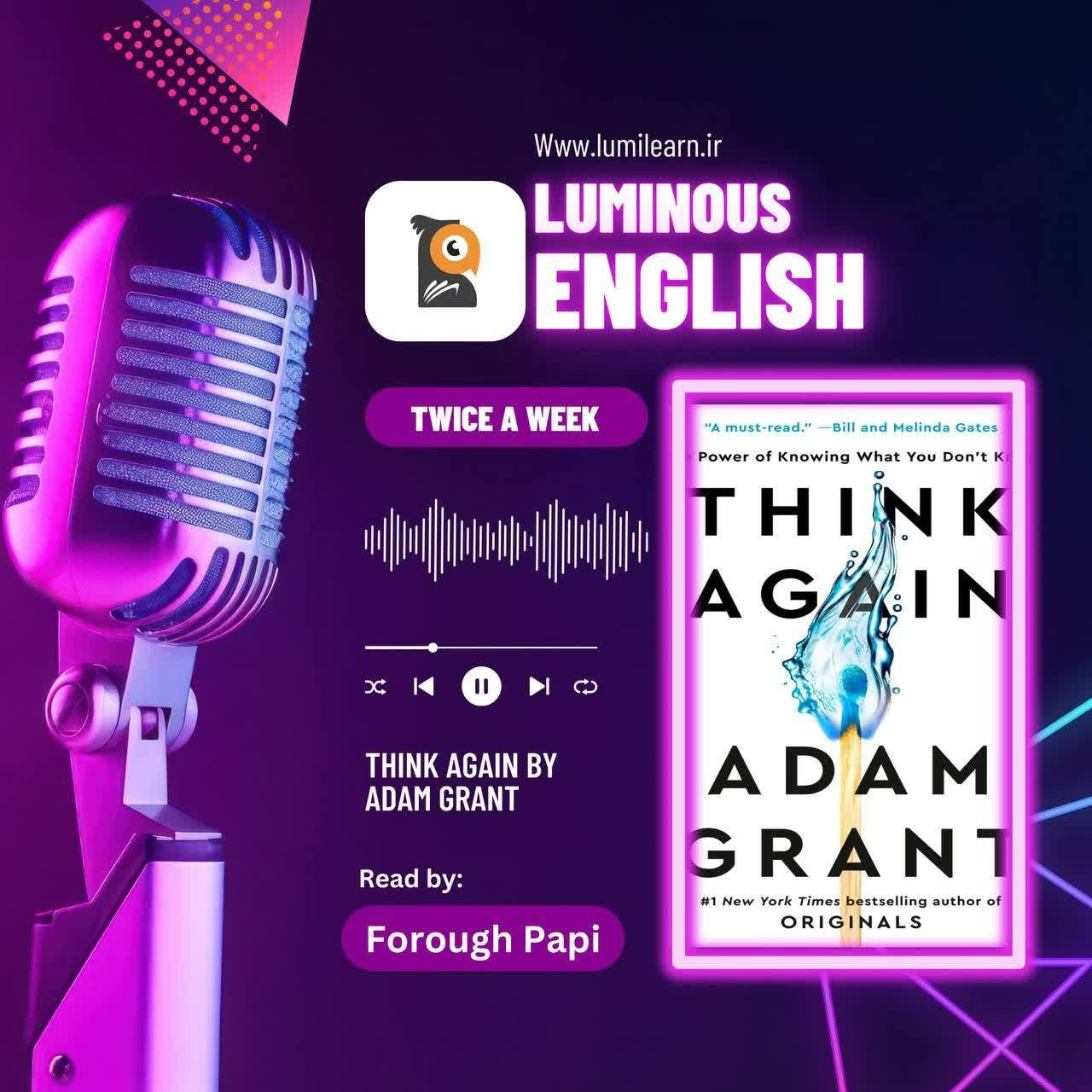
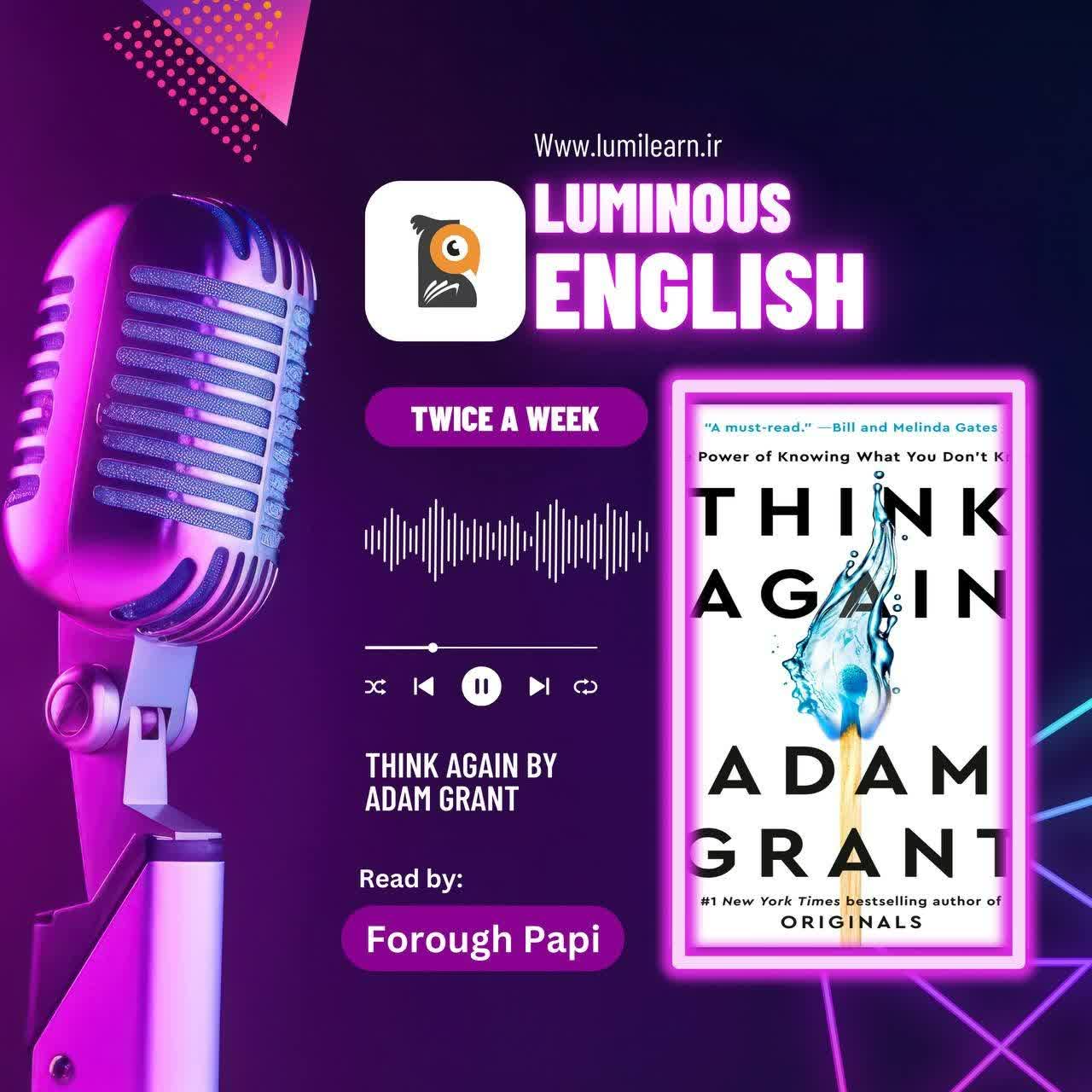
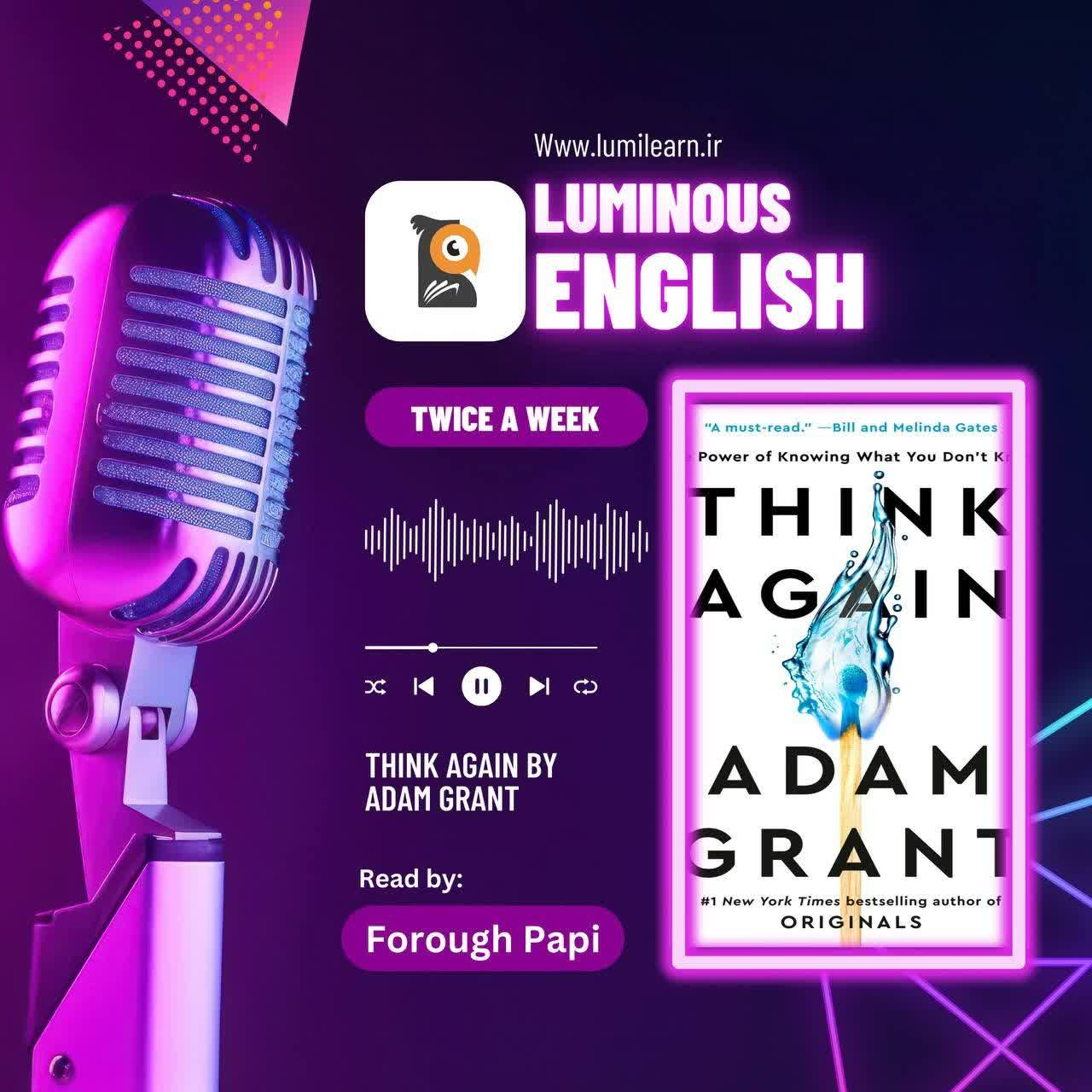
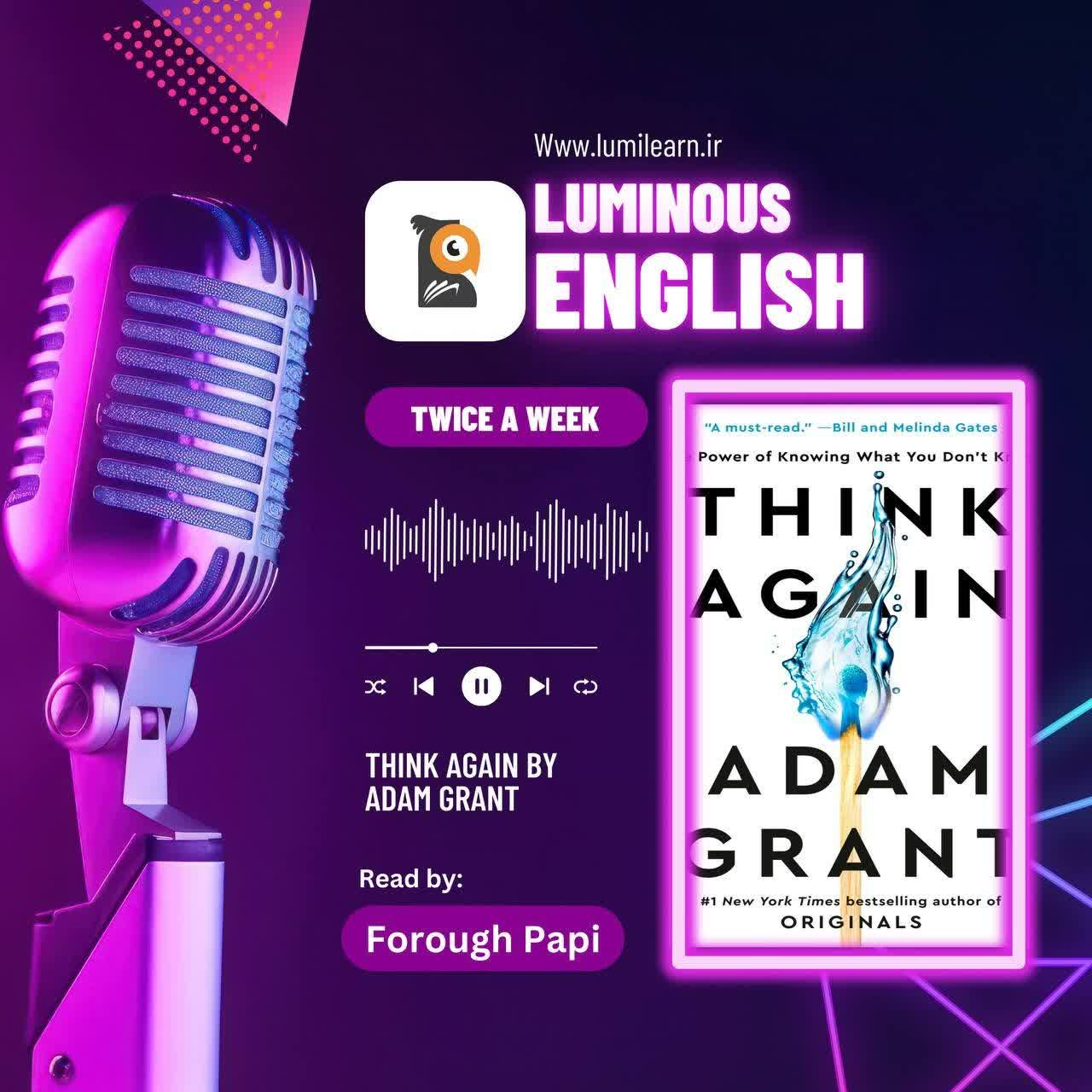
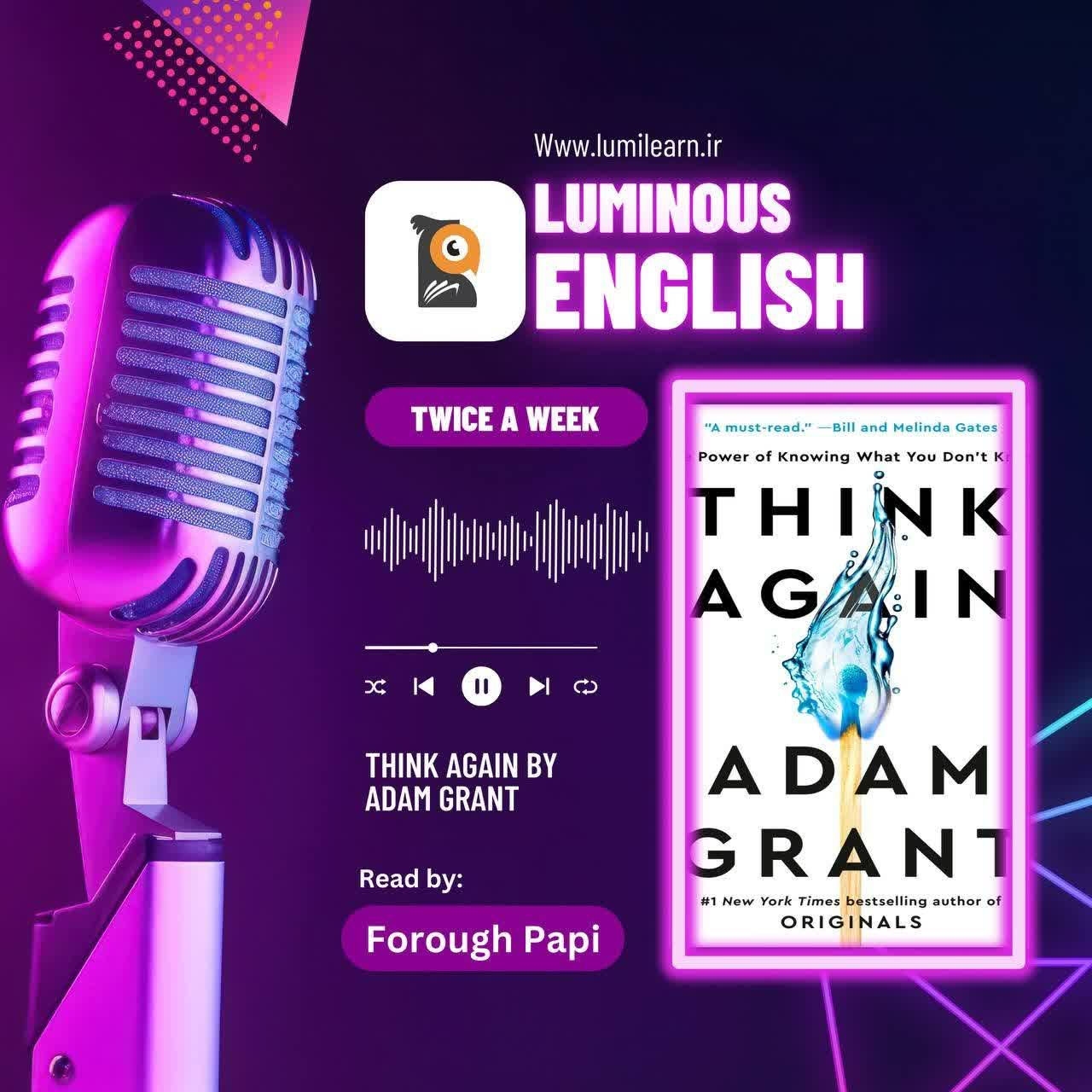
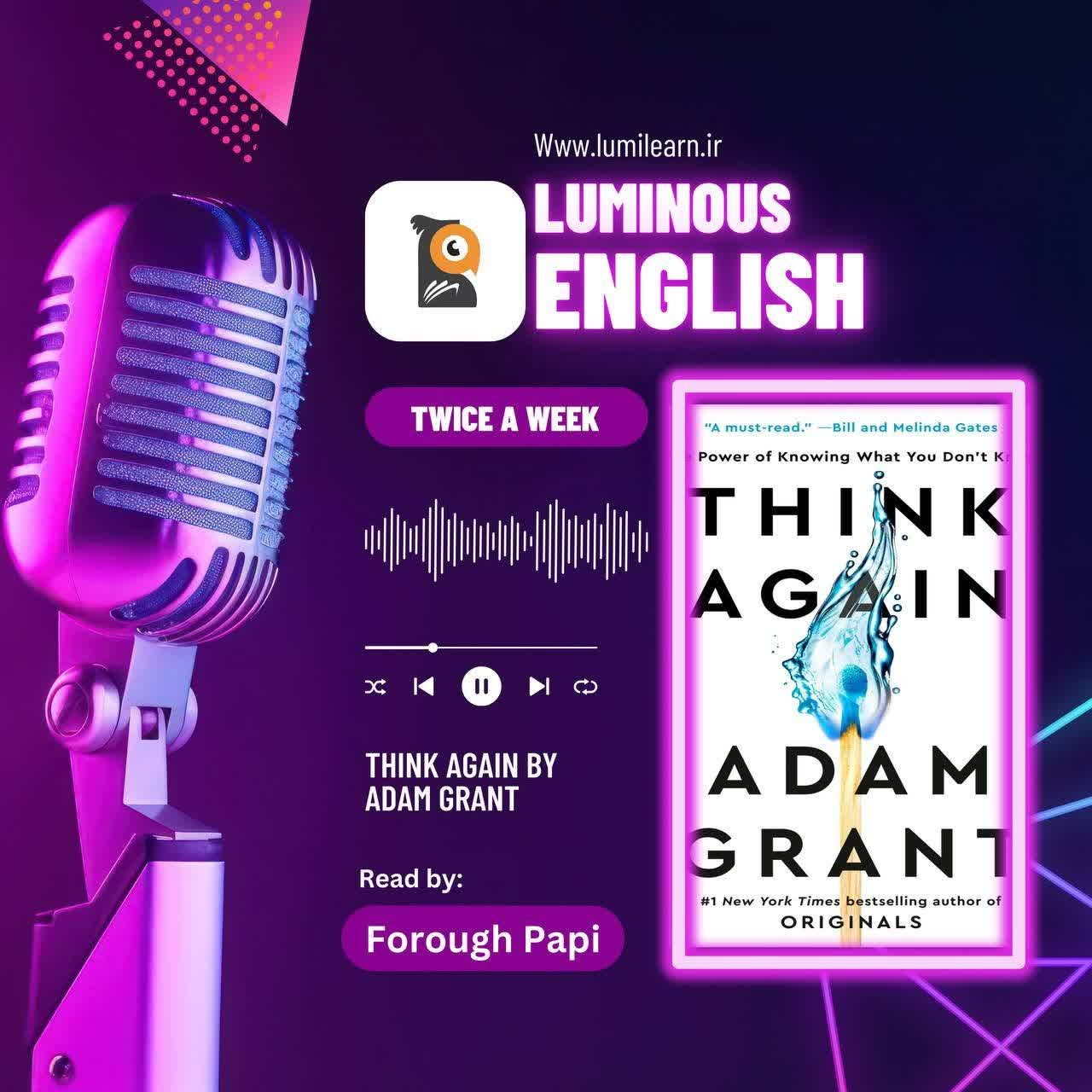
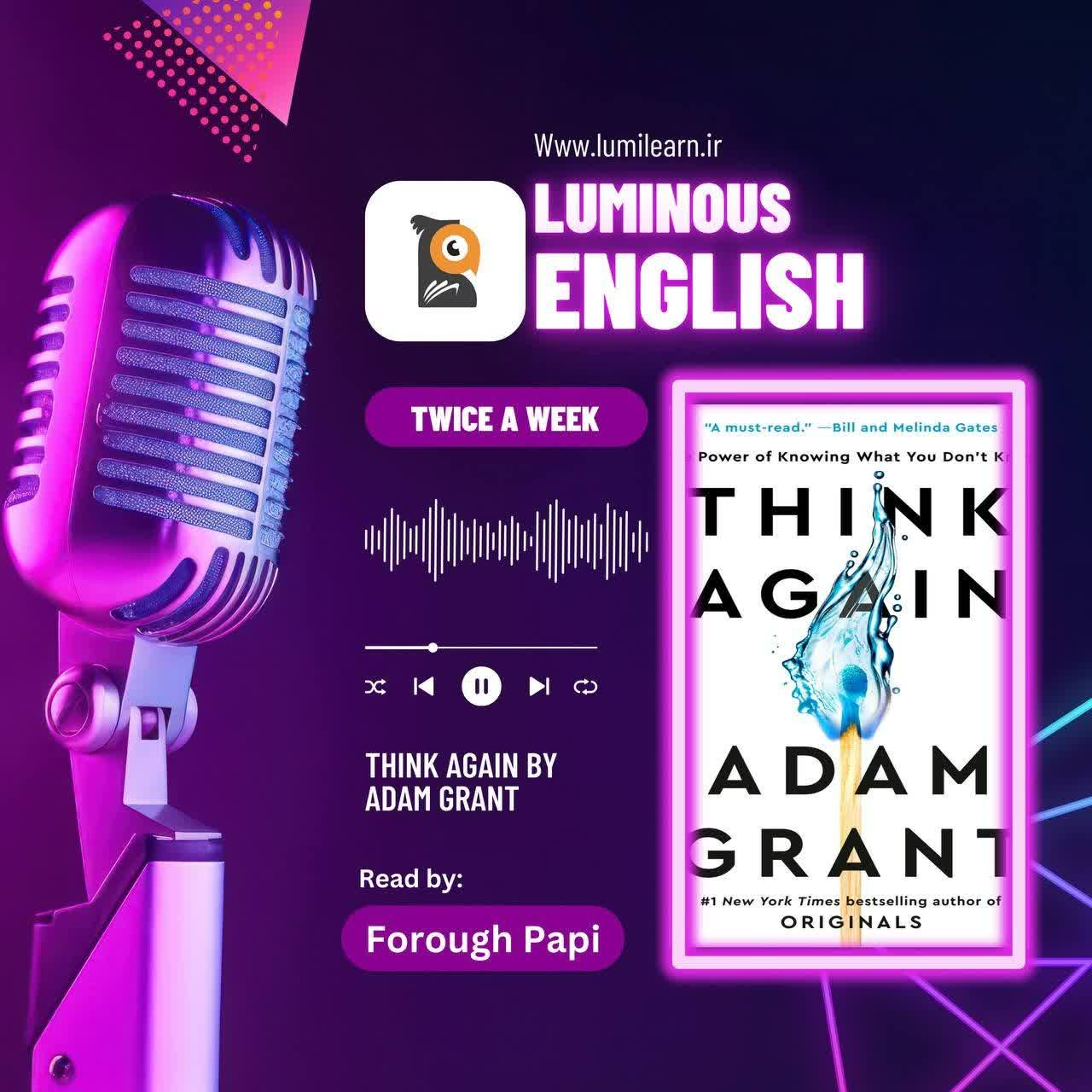
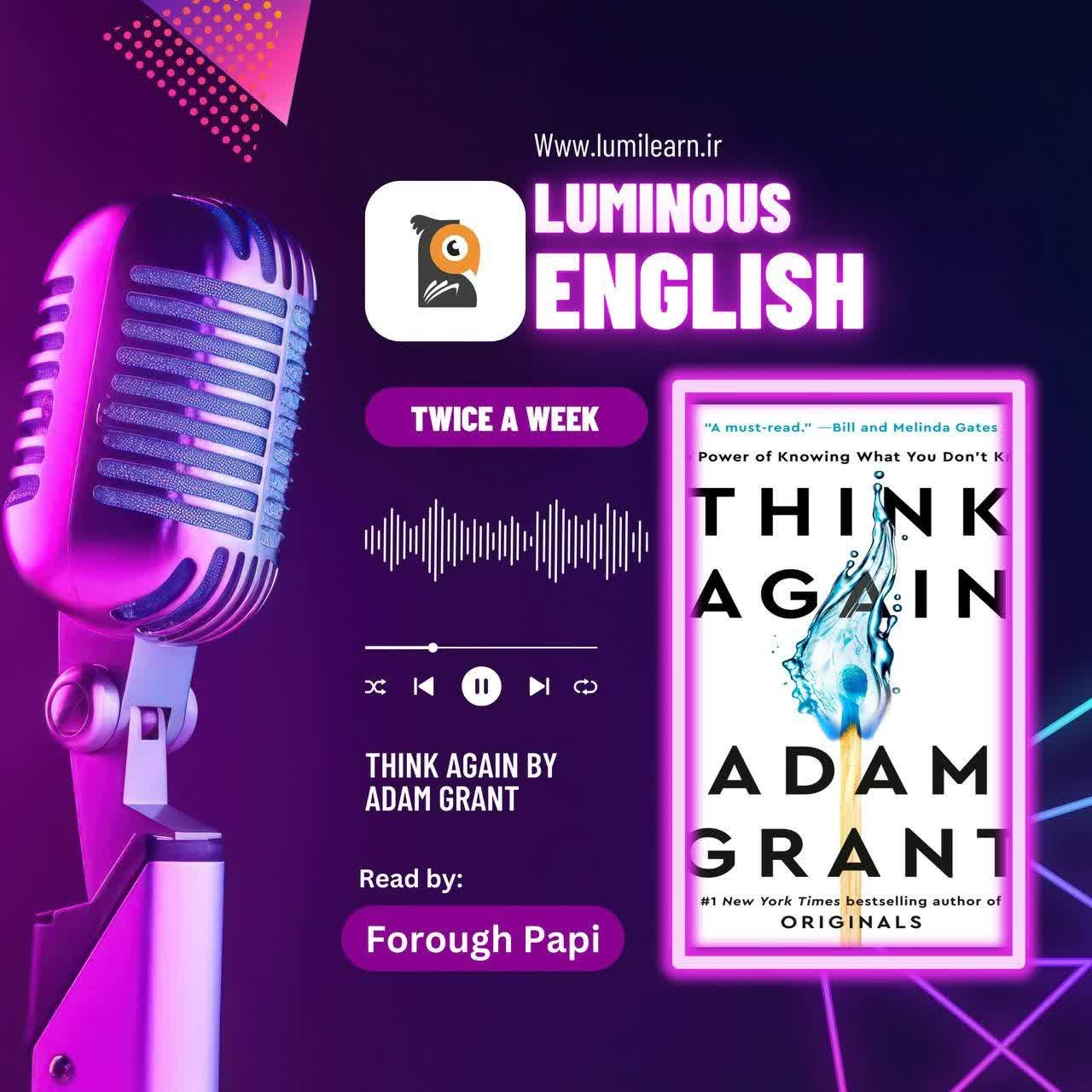
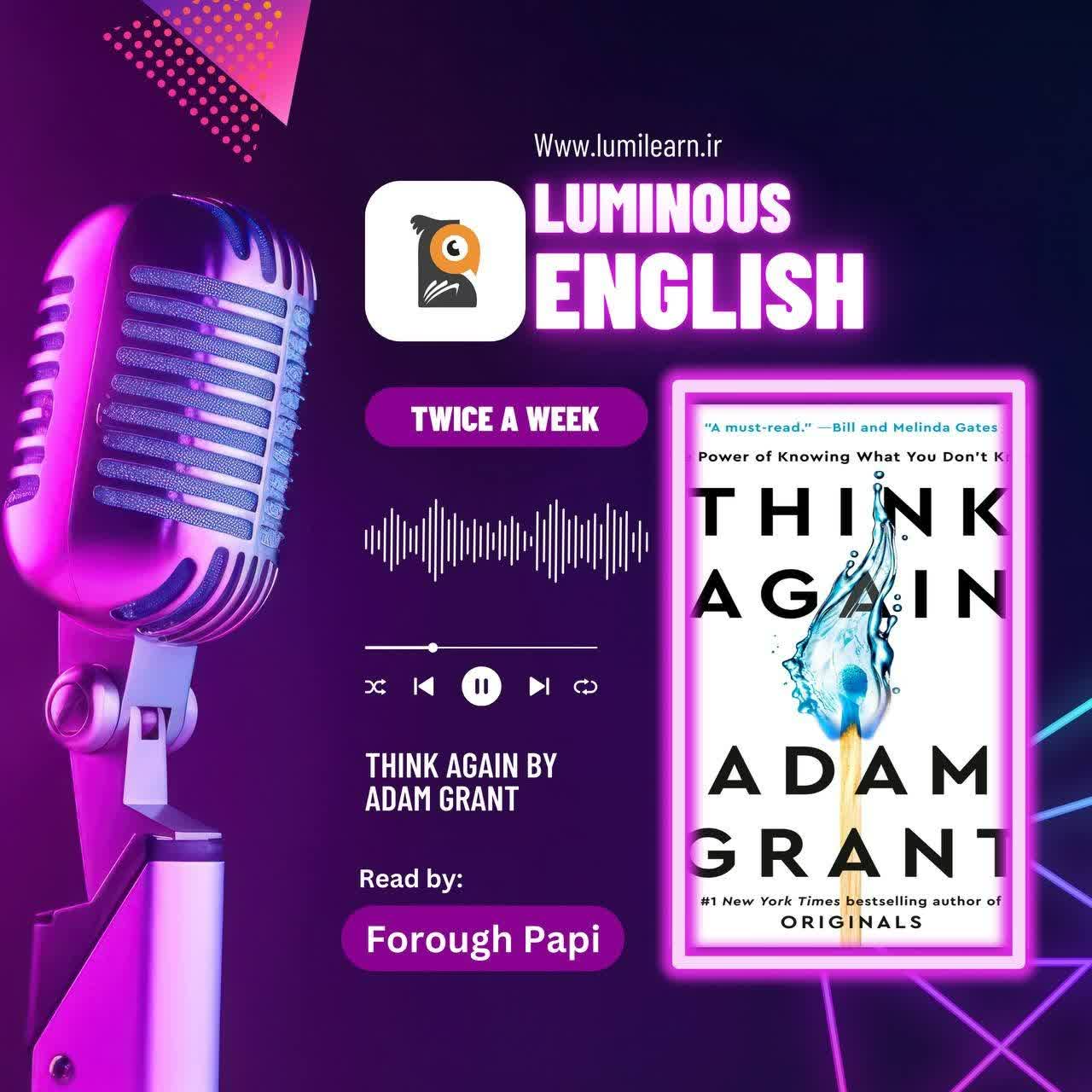
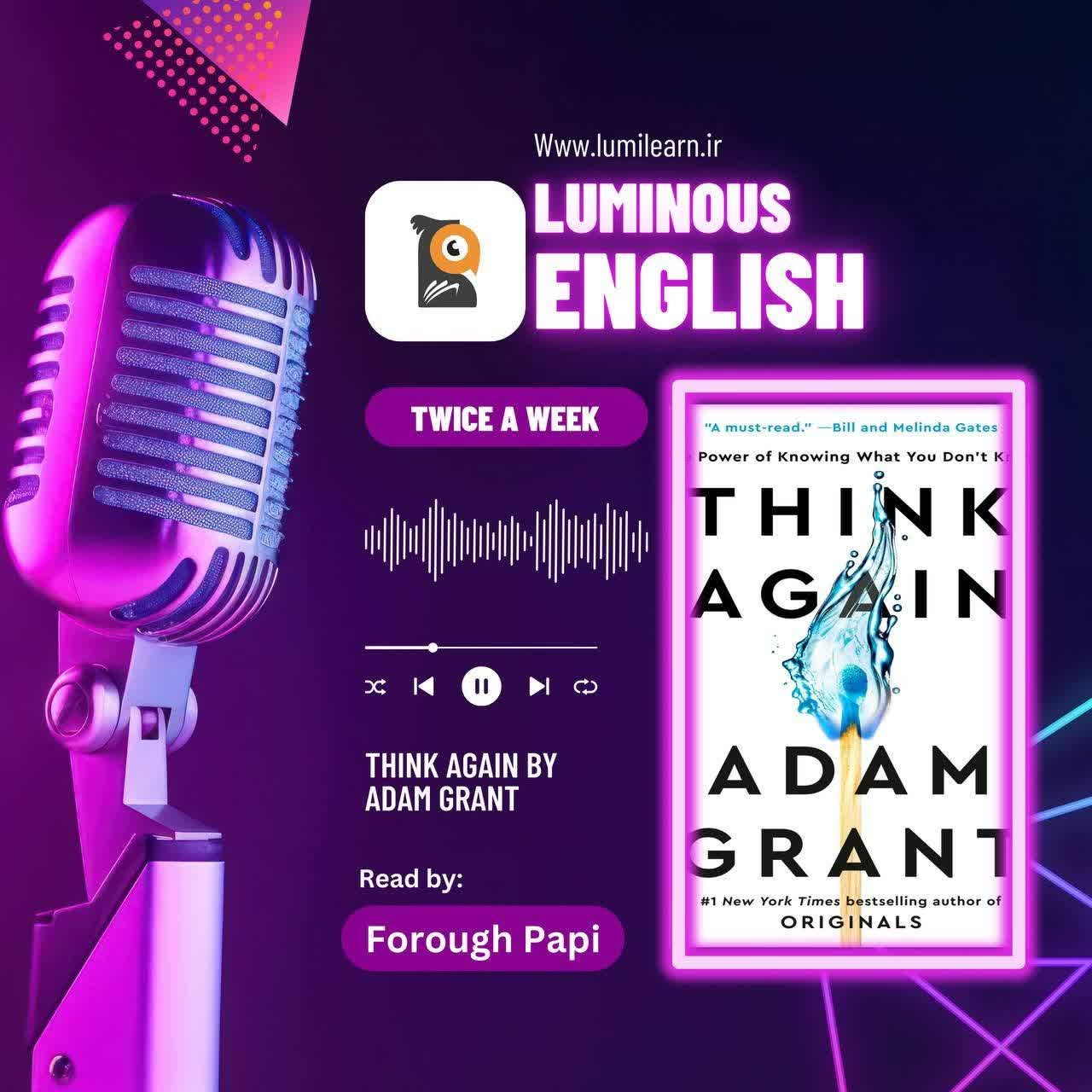
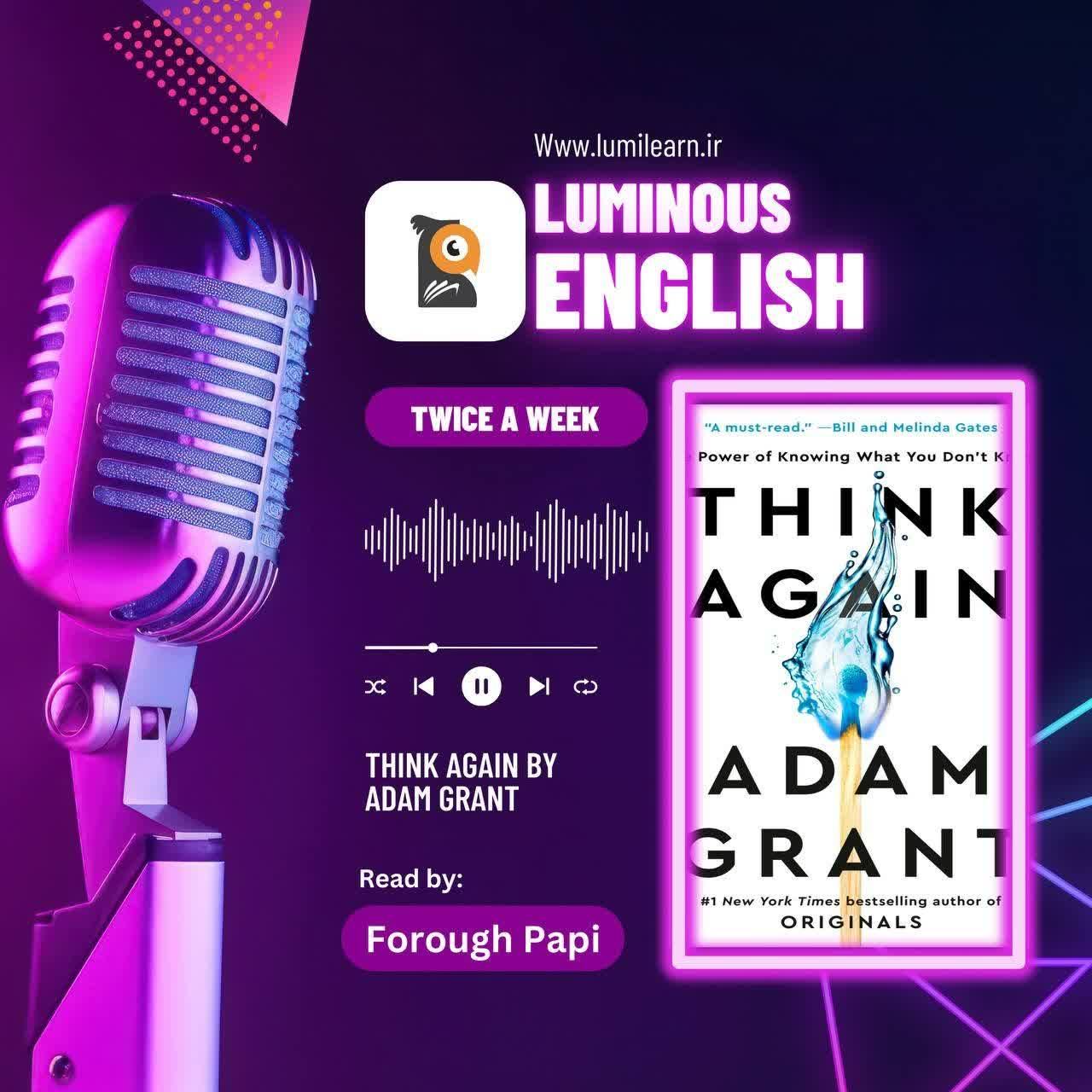
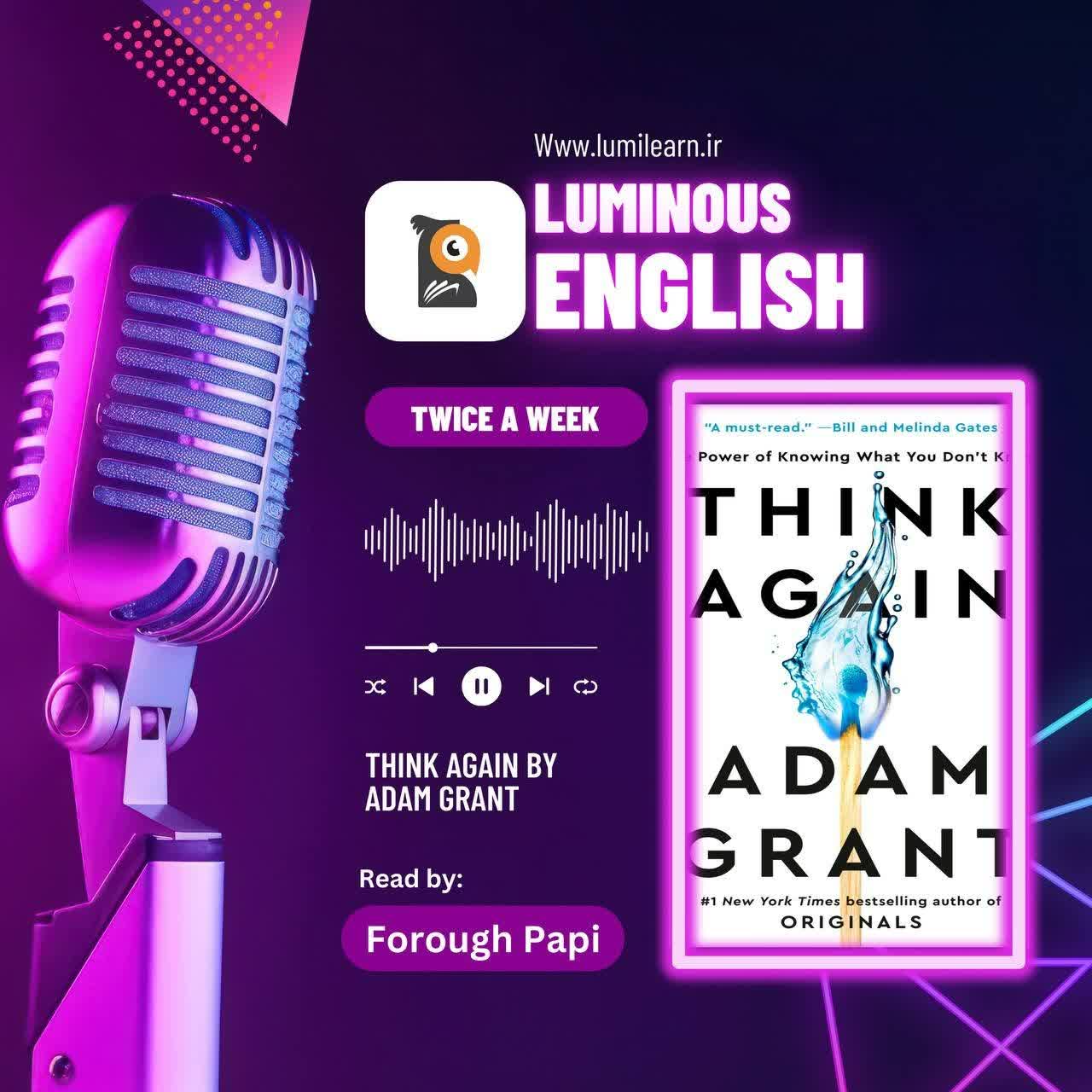
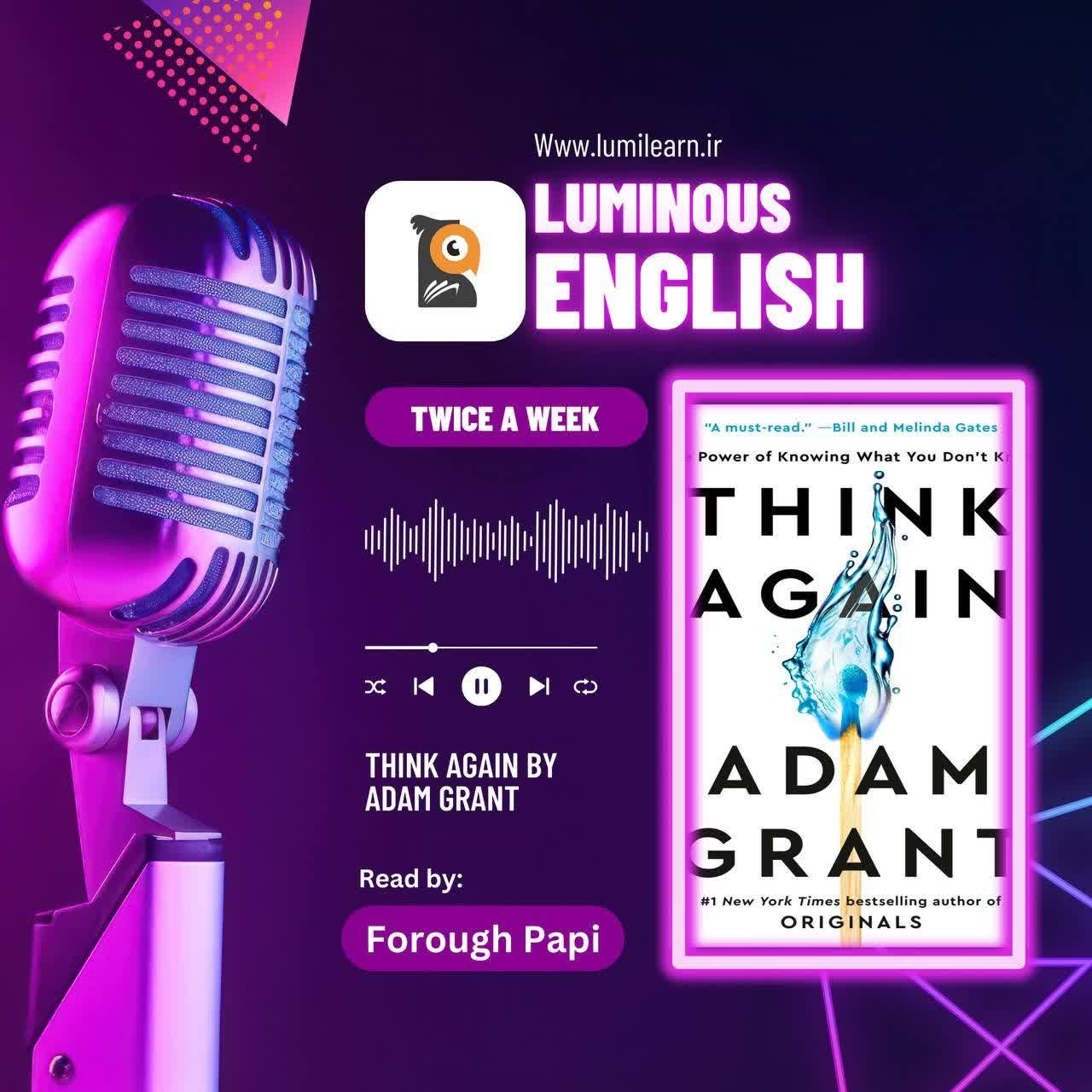
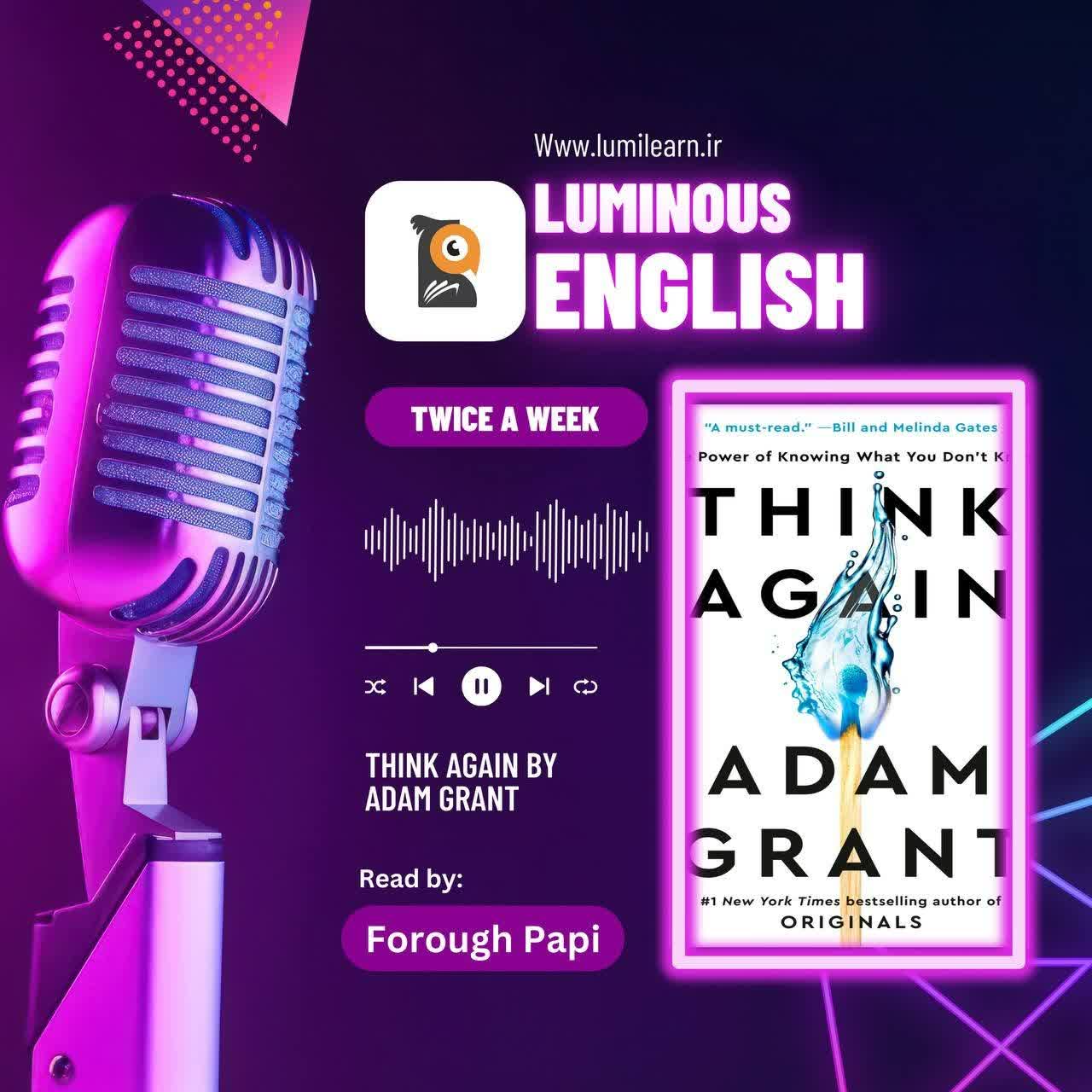
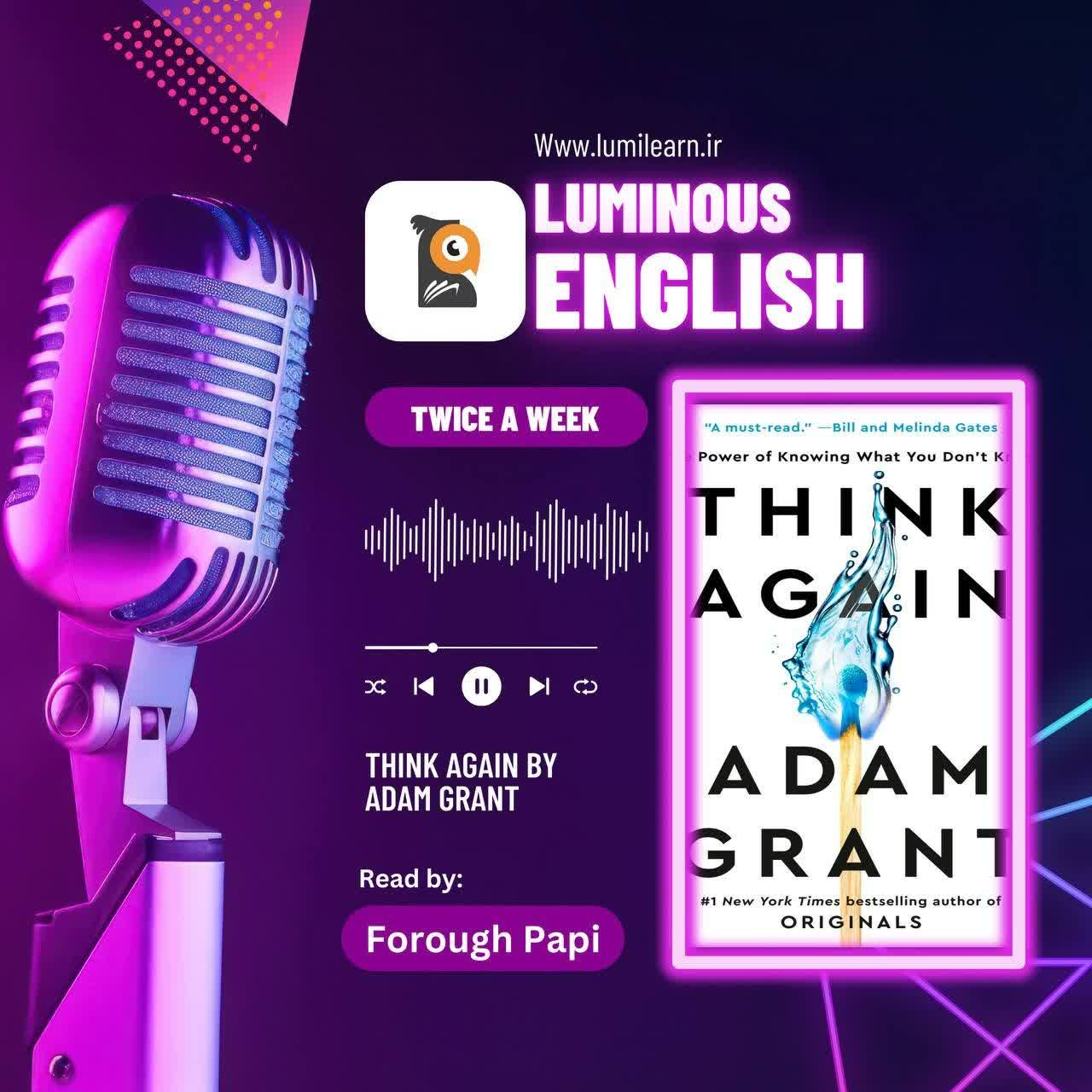




مثل همیشه عالی بود.
سلام بانوی مهر و بخشش ترجمه تخصصی واژه attachment دلبستگی هست. با احترام